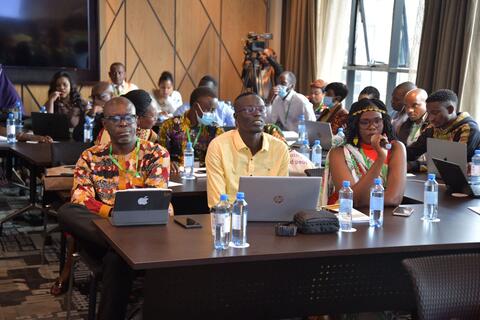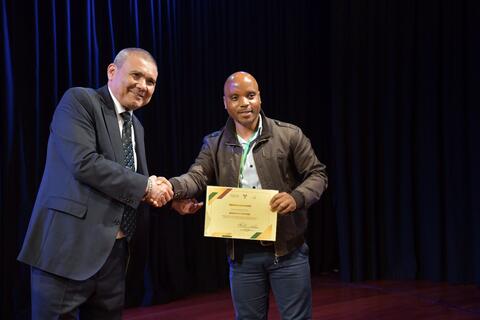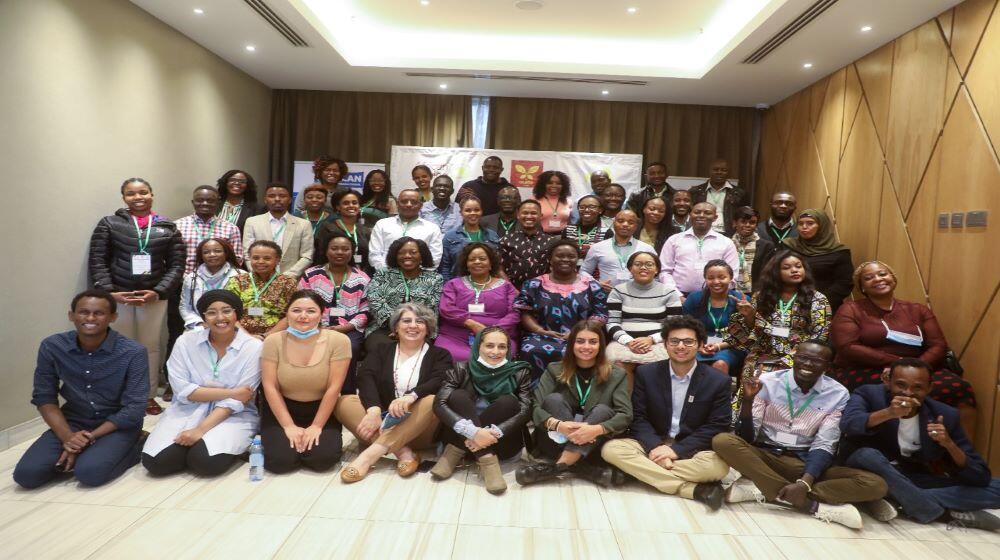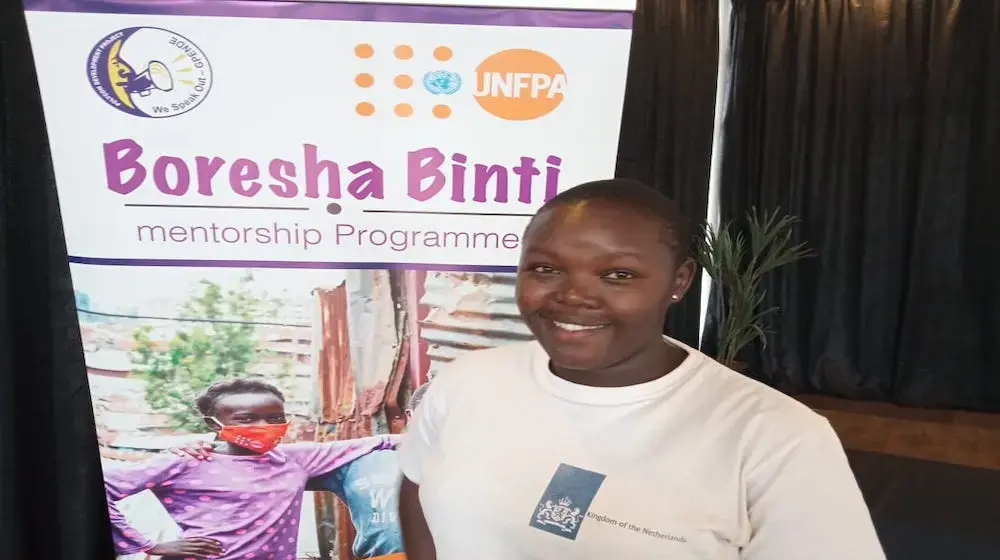Nairobi, Kenya- More than 30 media practitioners from East and Southern Africa gathered in Nairobi for a three-day media training on ‘Sensitive Reporting on Harmful Practices.' The training organized by the African Union (AU) Ending Harmful Practices Unit in collaboration with the Spotlight Initiative Africa Regional Programme, UNFPA-UNICEF Joint Programme on the Elimination of Female Genital Mutilation, and partners kicked off last week and brought together 34 media practitioners and scholars from ten countries including Kenya, Zambia, Zimbabwe, Malawi, Mozambique, Ethiopia, Tanzania, Uganda, South Sudan, and Somalia.
The media is trusted to shape public discourse through balanced reporting, and must hold policy-makers and other actors accountable when it comes to creating a safer and more equal world for women and girls
The event aimed to garner the support of media representatives and university journalism faculty members in leading media sector actions and reforms toward ethical, informed, balanced, human rights-focused and victim-sensitive reporting on harmful practices. The media practitioners were drawn from AU member states currently implementing the African Union campaigns on ending Child marriage and eliminating female genital mutilation.

journalists reporting on FGM and child marriage in Africa.
Despite critical progress being made in eliminating FGM, an estimated 55 million girls under the age of 15 in 28 African countries have experienced or are at risk of experiencing FGM. Globally, one in every five girls is formally married or in an informal union, before reaching age 18. In developing countries, that number rises to 36 percent of girls married before age 18, and 10 percent of girls married before age 15.
In his remarks to participants, UNFPA Kenya Deputy Representative Dr Ezizgeldi Hellenov noted that journalists have a role to play in raising awareness on sensitive social issues such as FGM and child marriage, while upholding the rights and dignity of survivors. “The media is trusted to shape public discourse through balanced reporting, and must hold policy-makers and other actors accountable when it comes to creating a safer and more equal world for women and girls,” said Dr. Hellenov.

certificate to journalist Elisio Muchanga from Mozambique.
Adeng Mayik, a journalist and lecturer from South Sudan credited the course for opening her eyes to the common and shared challenges that countries in East and Southern Africa face in relation to harmful practices.“As a journalist covering gender-related issues, I have learned a lot from fellow participants on what has worked in different countries, and what we can do better in order to shed more light on FGM and child marriage,” he said.
In line with the African Union campaigns on the elimination of FGM and child marriage, participants engaged in the training will form part of an Africa-wide network of Media practitioners reporting on harmful practices. The network will facilitate coordinated and engaged media coverage while allowing members to share experiences, lessons learned, and best practices in human rights focussed reporting against Harmful practices that affect women and girls in Africa. . In addition, there will be an annual award and recognition event for the top three outstanding media practitioners reporting on harmful practices on the continent.
“It was no doubt a fruitful three days of discussions around very critical areas of our professional lives as journalists. This experience will definitely transform my reporting on FGM and other harmful practices,” said Uganda’s Joseph Kizza Balikudembe.
A second similar training programme is planned in the West and Central Africa region, covering ten countries, including Niger, Nigeria, Mauritania, Egypt, Chad, Senegal, Sierra Leone, Ghana, Democratic Republic of Congo, and Liberia.





